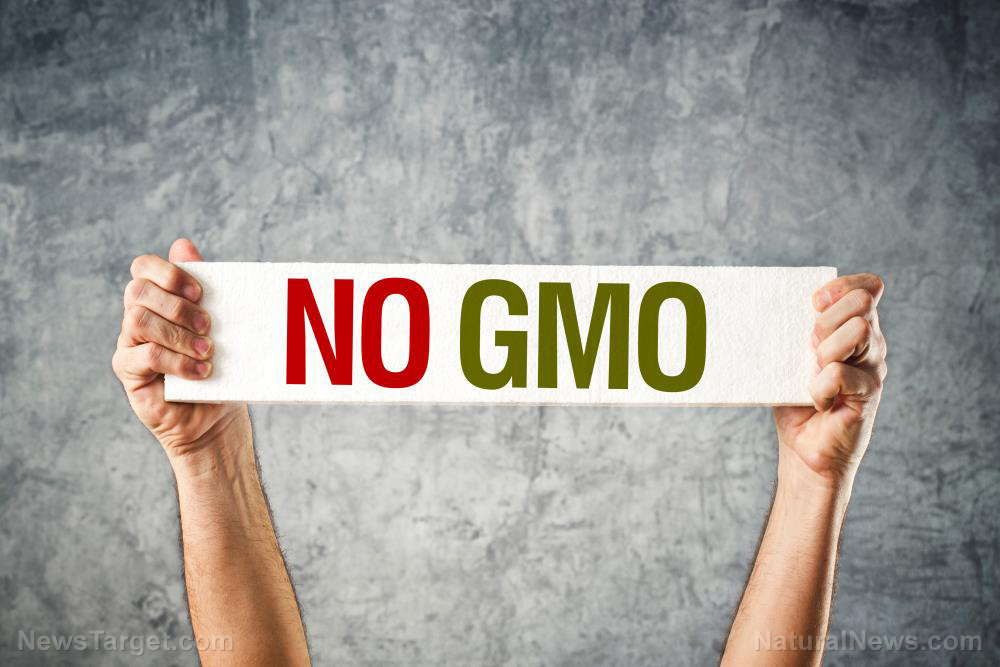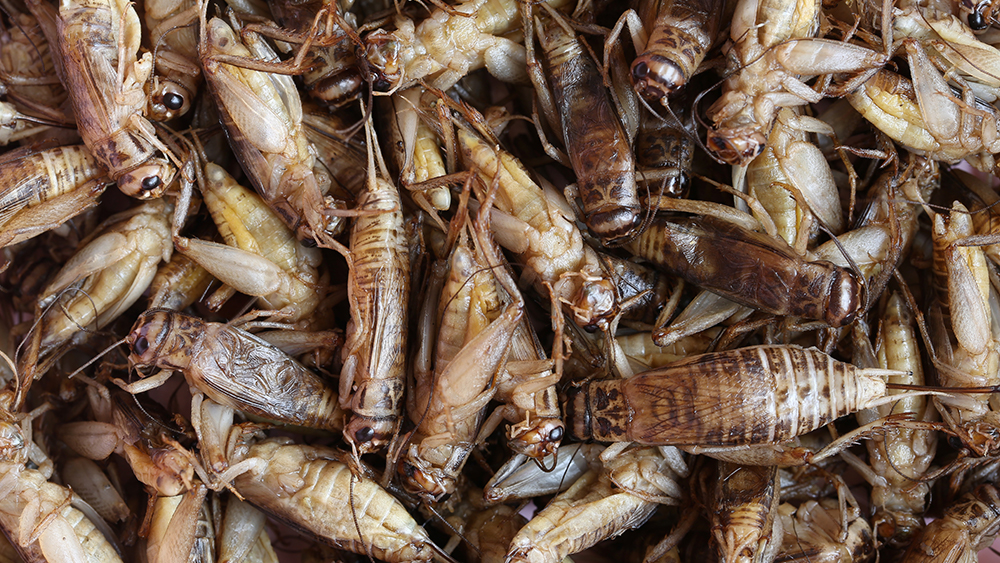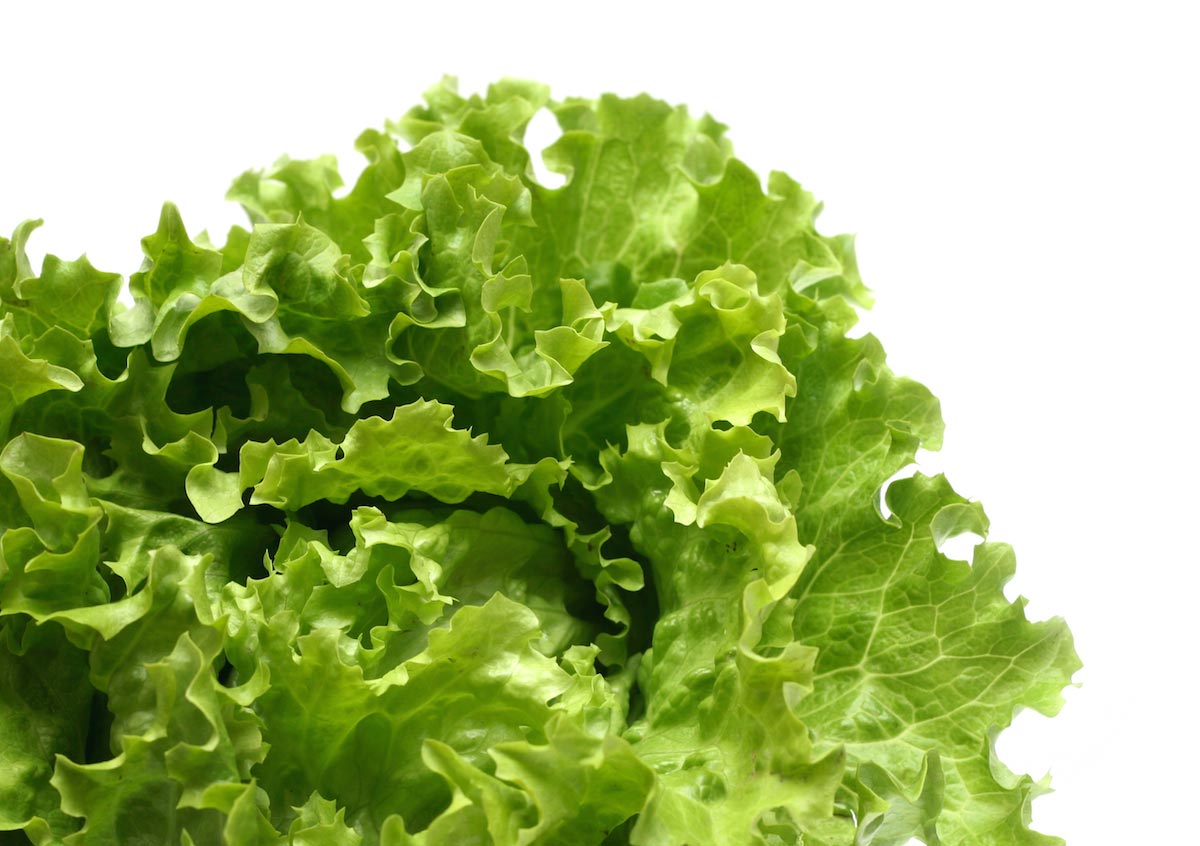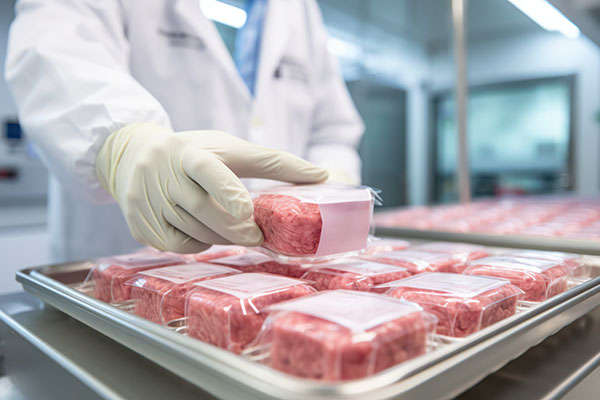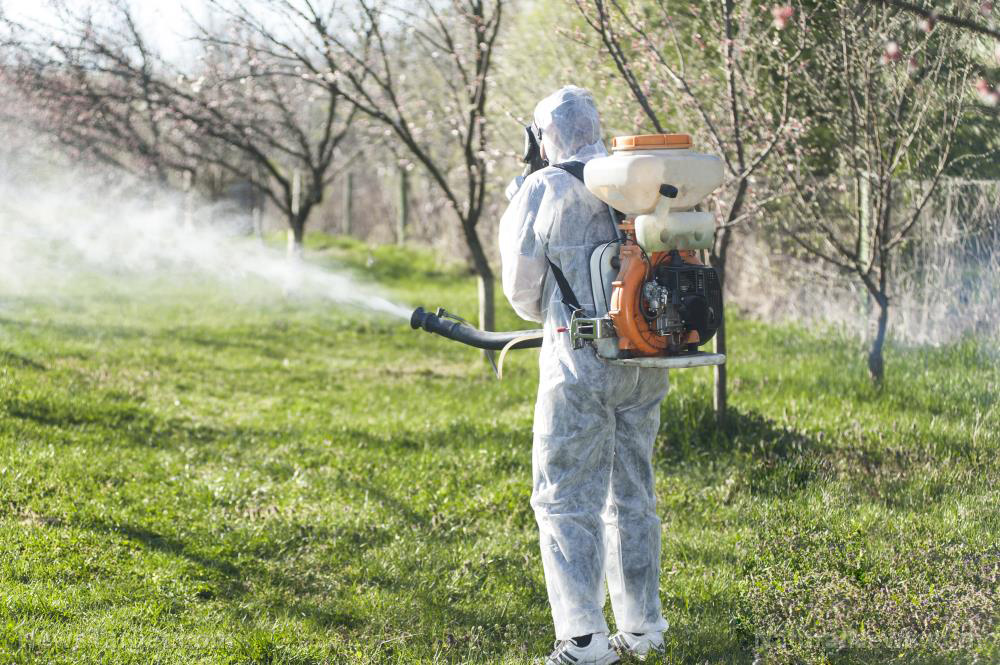Groups take FDA to court over its inaction toward banned livestock drug RACTOPAMINE
04/11/2024 / By Ava Grace

Several parties have sued the Food and Drug Administration (FDA) over a widely used livestock growth drug that harms humans, the animals given it and the environment at large.
Ractopamine, which is either banned or restricted in about 160 countries, is at the center of this lawsuit against the regulator. It is used by American commercial livestock producers to rapidly grow muscle in cows, pigs and turkeys. But the complaint filed in federal court petitions the FDA to reduce the allowable levels of ractopamine, if not ban it outright.
According to the suit filed in the U.S. District Court for the District of Columbia, ractopamine has been shown to cause a host of adverse effects in animals. It can also cause heart and lung issues in both meat consumers and farm workers. Moreover, it also pollutes both surface and ground water. (Related: Dr. Robert Malone discusses mRNA jabs for livestock, what it means for meat and dairy.)
Plaintiffs include the Center for Food Safety (CFS), the Animal Legal Defense Fund (ALDF), the Center for Biological Diversity (CBD) and the Food Animal Concerns Trust (FACT). The four plaintiffs accused the FDA of violating the Administrative Procedure Act by failing to respond in a “reasonable” time with regard to their petitions. The plaintiffs had earlier filed petitions to address ractopamine use in livestock in 2012 and 2020.
“[The FDA] has dragged its feet for years while factory farms have continued using this dangerous animal drug,” said Hannah Connor, CBD’s deputy director for environmental health. “Until the FDA can prove ractopamine is completely safe, the best solution is to act urgently to better protect human health, animals and the environment by granting these petitions.”
“For years, the FDA has had evidence of the dire effects ractopamine has on animals, both physically and mentally. But [it] has refused to take action – risking the safety of public health and the environment,” said Daniel Waltz, ALDF’s managing attorney.
“The ALDF urges the FDA to reduce allowable ractopamine levels – or withdraw the drug’s approval all together – instead of allowing the industrial animal agriculture industry to dictate what is safe.”
The dangers of ractopamine on animals, humans and the environment
Children’s Health Defense expounded on the dangers of ractopamine in the animals given this drug, the humans that consume ractopamine-laced meat and the environment surrounding farms that use this substance.
Ractopamine is a kind of beta-agonist drug that relaxes muscles. It is often given to pigs, cows and turkeys in their final weeks of life before they are slaughtered. But animals given these drugs have a higher risk of experiencing “painful injury, inhumane treatment and extreme stress.”
The plaintiffs said more pigs have experienced adverse effects from ractopamine than from any other veterinary drug, citing the FDA’s own data. They also expressed concern about ractopamine’s impact on the environment since the animals excrete 95 percent of it within the first couple of days after eating feed with the drug.
Moreover, runoff from the manure can contaminate nearby waterways. Uneaten feed containing ractopamine may also be buried, possibly contaminating groundwater and increasing the amount of the drug in the environment. “The environmental impacts of the release of ractopamine into the environment have not been fully studied and could threaten water quality and wildlife,” the plaintiffs’ suit said.
Evidence has also linked ractopamine to heart and lung issues in humans, most especially in farm workers handling ractopamine-laced feed and consumers who eventually eat the drugged meat. Despite this, between 60 and 80 percent of all pigs raised for food in the U.S. have been given the beta-antagonist drug.
The FDA first approved ractopamine for use in American farm animals in 1999 – an approval based primarily on safety studies conducted by its maker Elanco Animal Health, the groups said. Elanco was a former subsidiary of pharmaceutical giant Eli Lilly and Co. before its divestment in 2019.
But in 2009, the European Union banned ractopamine after finding in part that data could not support a conclusion that the drug is safe. China, Japan, South Korea and Russia followed suit, restricting ractopamine use if not prohibiting it outright. As of writing, the drug is banned in at least 160 nations.
Head over to FDA.news for more stories like this.
Watch this video explaining that people eating animal products also oppose animal cruelty.
This video is from the EK the Urban Yeti channel on Brighteon.com.
More related stories:
Dangerous gene-edited pigs now authorized by Biden’s Food and Drug Administration.
Sources include:
Submit a correction >>
Tagged Under:
agriculture, banned, big government, chemicals, clean food watch, drugs, FDA, Food and Drug Administration, food supply, inaction, lawsuit, livestock, Poultry, ractopamine, stop eating poison, toxins
This article may contain statements that reflect the opinion of the author
RECENT NEWS & ARTICLES
StopEatingPoison.com is a fact-based public education website published by Stop Eating Poison Features, LLC.
All content copyright © 2018 by Stop Eating Poison Features, LLC.
Contact Us with Tips or Corrections
All trademarks, registered trademarks and servicemarks mentioned on this site are the property of their respective owners.





